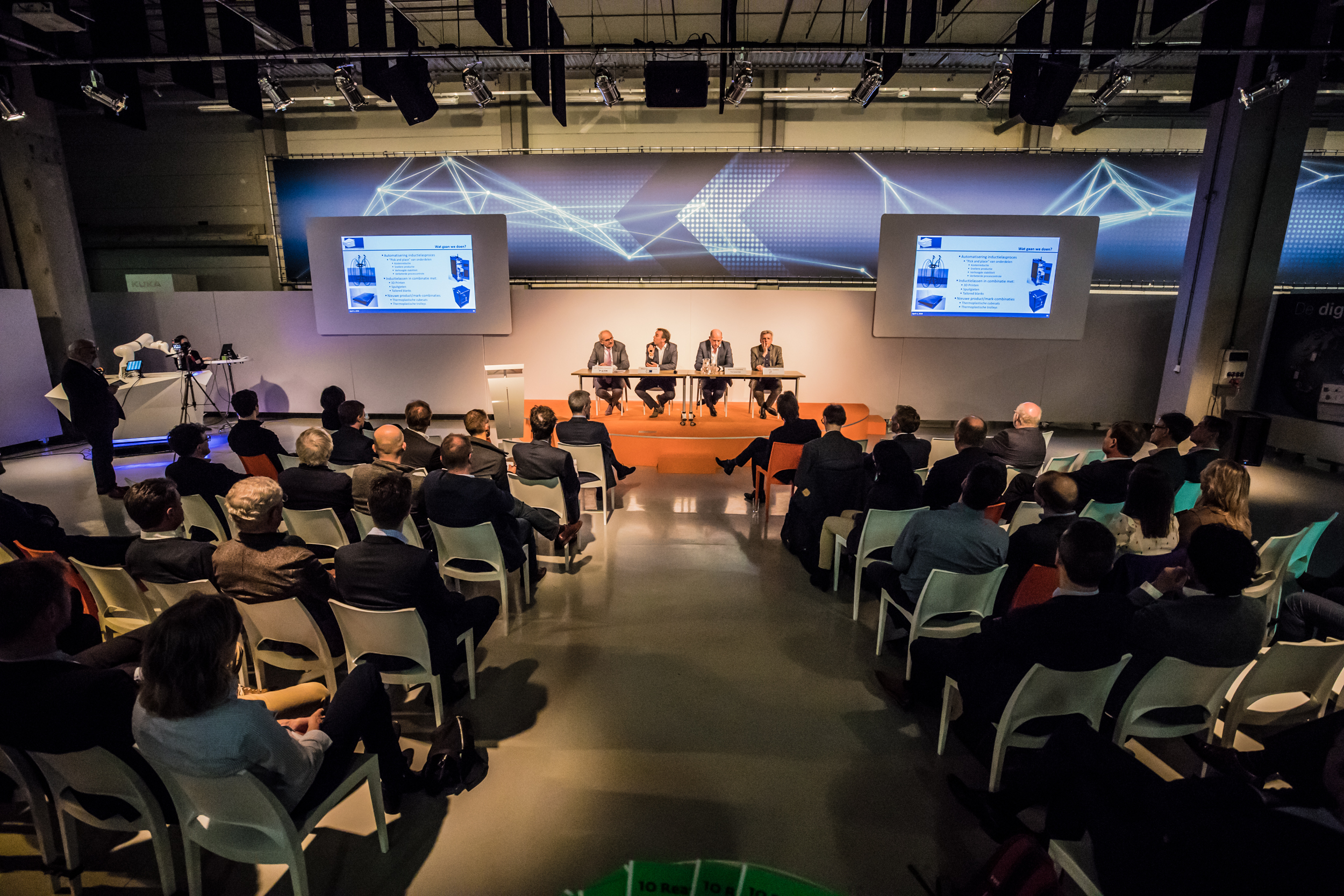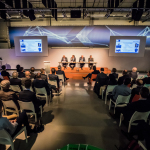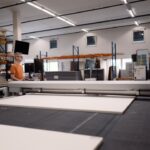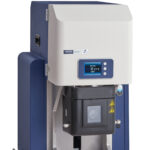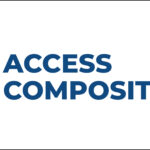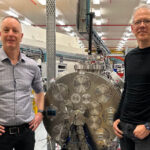The new ‘Technology Park Ypenburg’ program officially kicked off on April 4 in the municipality of The Hague, the Netherlands. In this program four local companies and the Digital Factory for Composites field lab (DFC, Ypenburg, the Netherlands) will jointly invest 1.6 million euros in 2018. The program focuses on automated and digitized production of advanced materials such as composite and fiber metal laminates, with an important role for robotics.
A component in the program is the Digital Factory for Composites field lab (DFC). Entrepreneurs, regional educational institutions and investors can go to this field lab for workshops, knowledge sharing, and find interesting investment projects.
“The Hague is an international city with a strong, innovative economy. The business sector plays a crucial role in this, as a municipality we can facilitate and boost,” says Saskia Bruines, alderman Knowlegde Economy, International Affairs, Youth & Education, municipality of The Hague. “This investment is good for the innovative strength, competitive position and employment in The Hague. The fact that the companies themselves also invest heavily shows the shared interest, commitment and confidence in the future.”
With this program, the initiators expect that an attractive business climate will be created for other companies at Ypenburg. They can benefit from the relevant infrastructure on the business park, mutual cooperation, cooperation with knowledge institutes and the municipality, and the presence of a diverse workforce in the region. The program also wants to give a positive impulse to local and regional training institutes through internships and workplaces. In addition, the innovative developments provide new employment for both higher and lower educated people.
